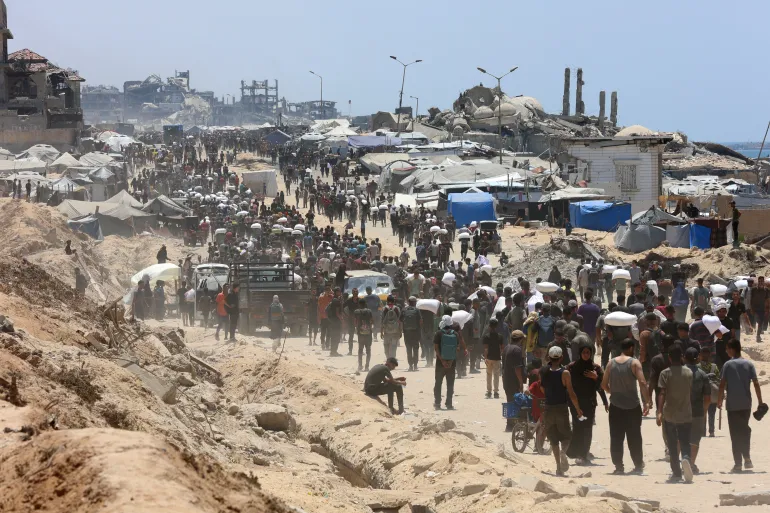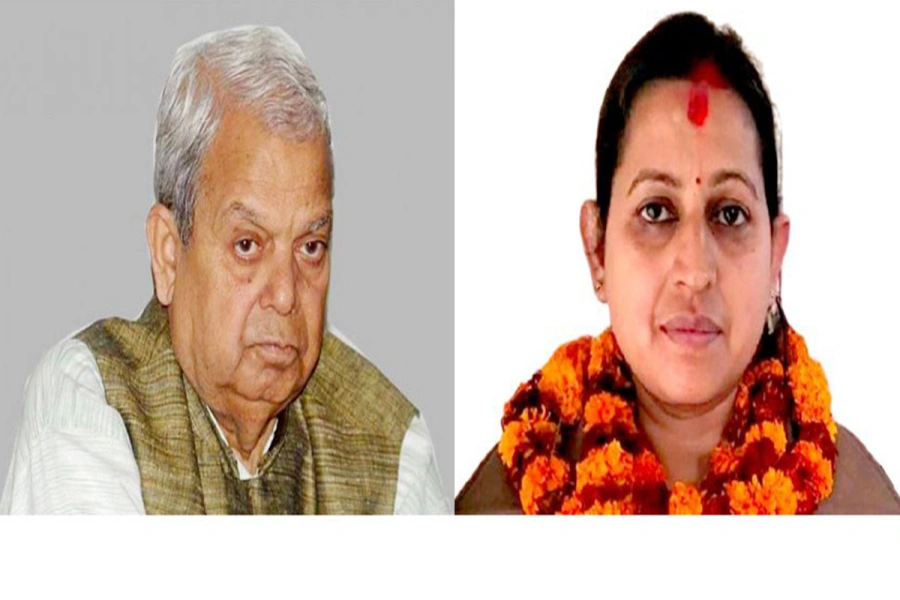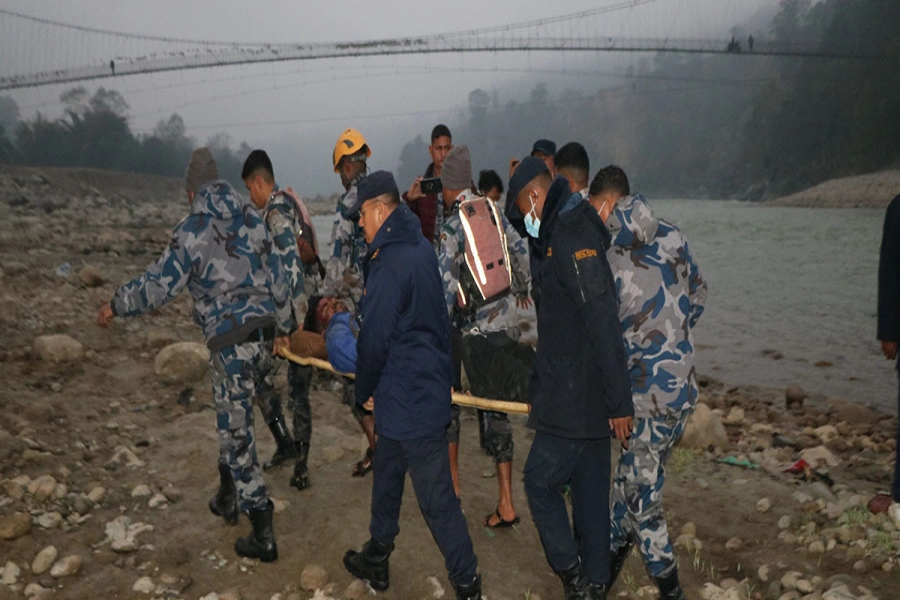KATHMANDU, March 29: International Commission of Jurists (ICJ) urged Nepal to revise the draft Criminal Code Bill in line with international human rights standards in order to ensure justice for victims of serious human rights violations.
Releasing a briefing paper on Wednesday, the ICJ called on Nepal's Parliament to make significant changes to the draft before it adopts the legislation.
In its briefing paper, titled Serious Crimes in Nepal’s Criminal Code Bill, 2014, the ICJ has evaluated the Criminal Code Bill, 2014, which aims to update Nepal’s criminal law and codify new crimes. The ICJ has concluded that a number of provisions of the Bill are not in accordance with Nepal’s international obligations.
Criminal code passed, Chhaupadi criminalized

“While the Criminal Code Bill makes a nod towards addressing impunity for gross human rights violations, the draft law falls well short of what Nepal needs to do to hold abusers accountable for the most serious crimes”, said Nikhil Narayan, South Asia Senior International Legal Adviser for the ICJ. “For instance, the bill fails entirely to include war crimes, crimes against humanity and genocide.”
“It is crucial that Nepal revise the Criminal Code Bill in line with international standards in order to ensure justice and accountability for victims of these grave offences,” Narayan added.
The briefing paper claimed that there are several shortcomings in the bill, including an inadequate definition of the crime of enforced disappearance and the inappropriate inclusion of a statute of limitation for filing complaint of enforced disappearance and argued that the shortcomings would lead to impunity.
"In respect of the crime of rape, there were numerous shortcomings as to the definition, discriminatory provisions on penalties for marital versus non-marital rape, inadequate provisions for reparation to rape victims and inappropriate limitations periods for filing complaints of rape," stated a press release issued after the release of the briefing.
The ICJ briefing is released at a time when the Legislative Committee of the Legislature-Parliament has approved the draft bill based on its sub-committee report and intends to table it for debate and vote in the Parliament.






































